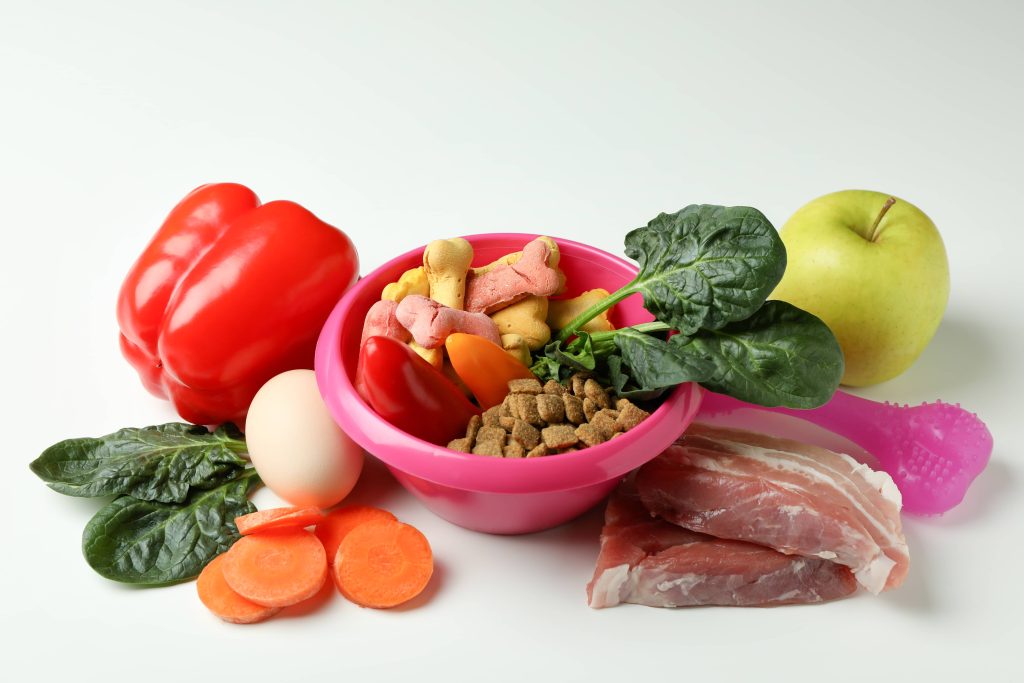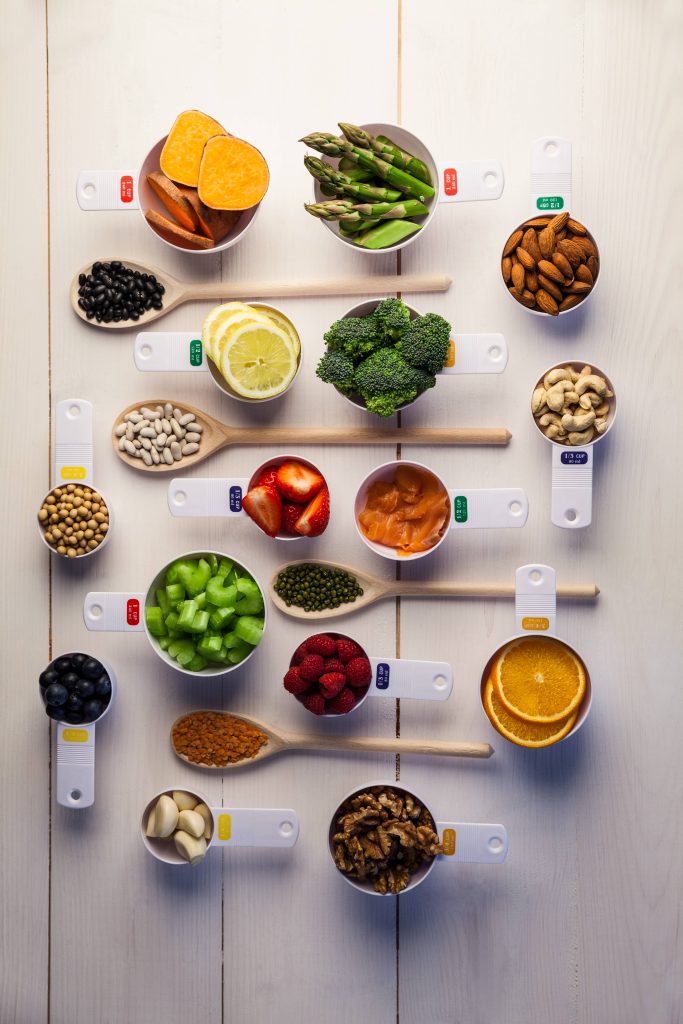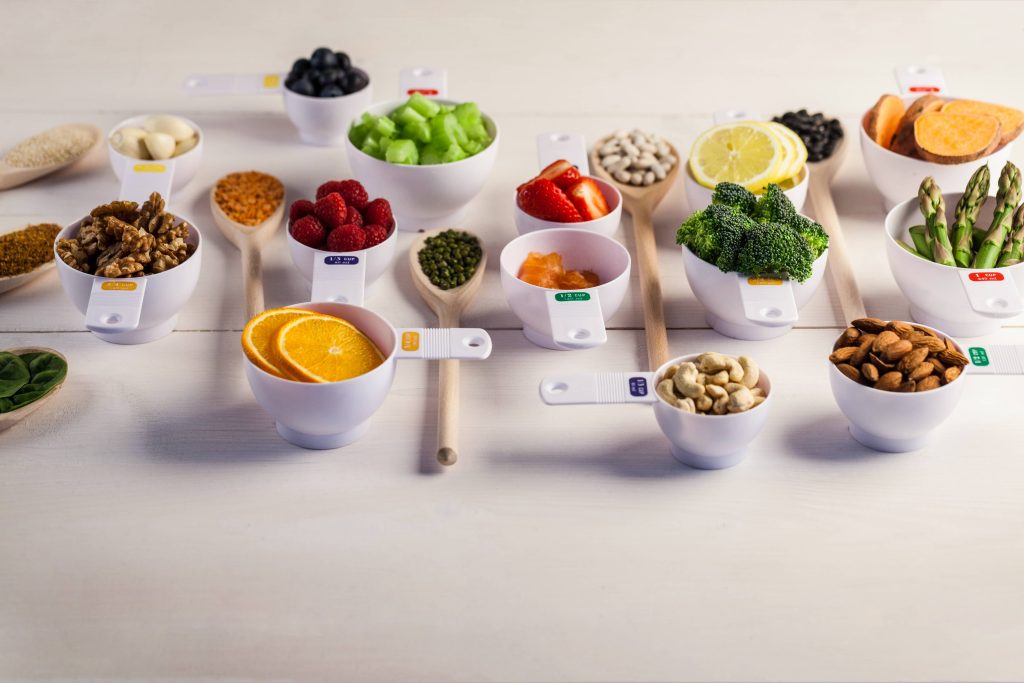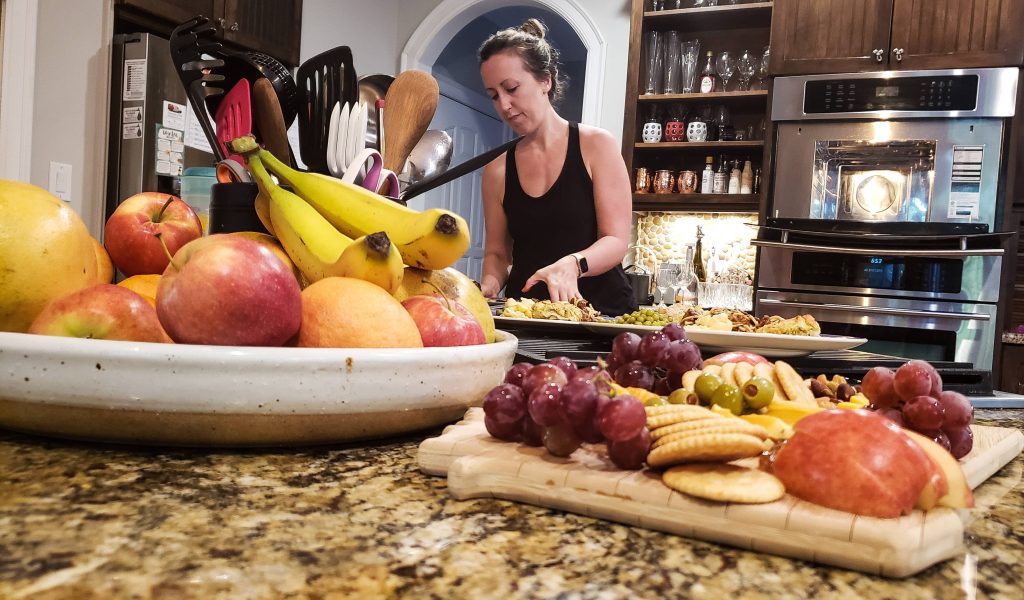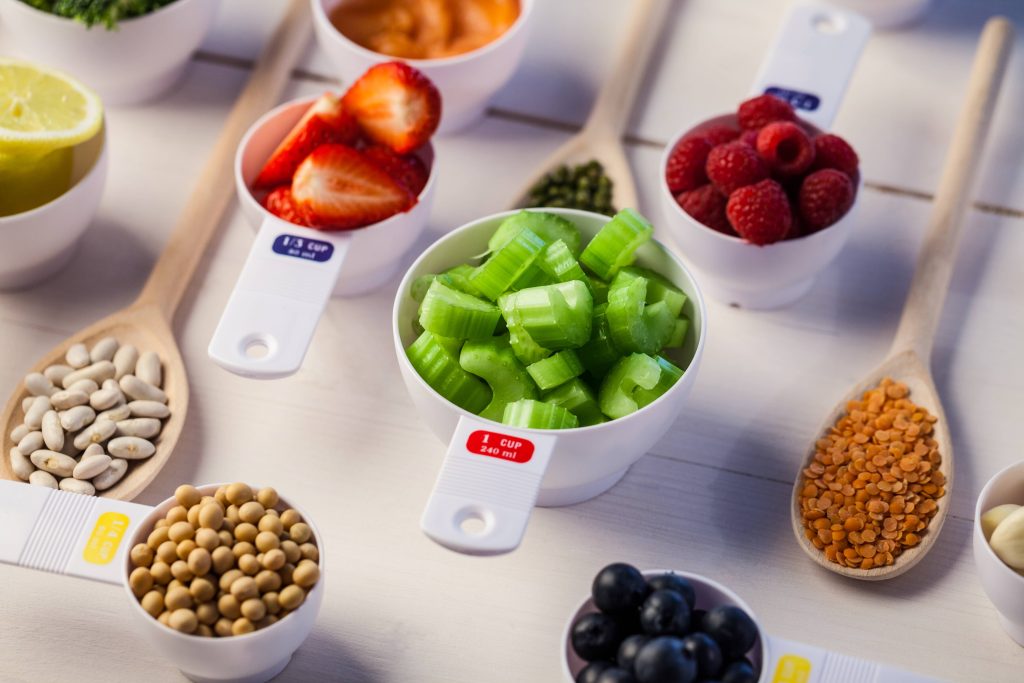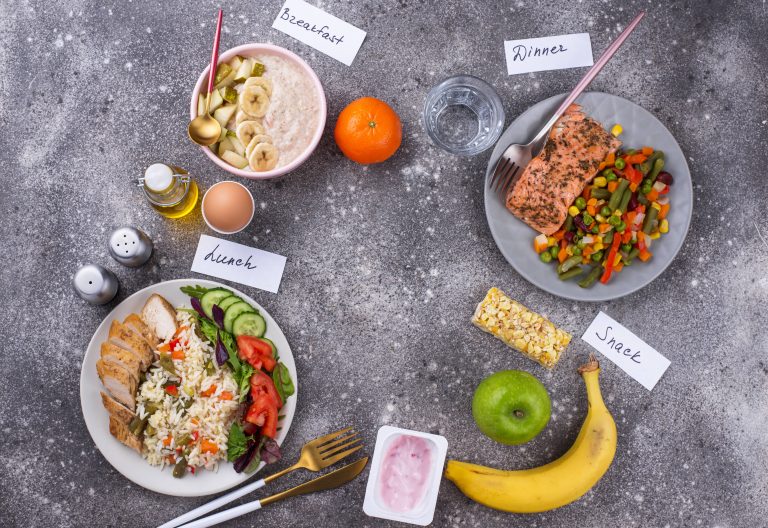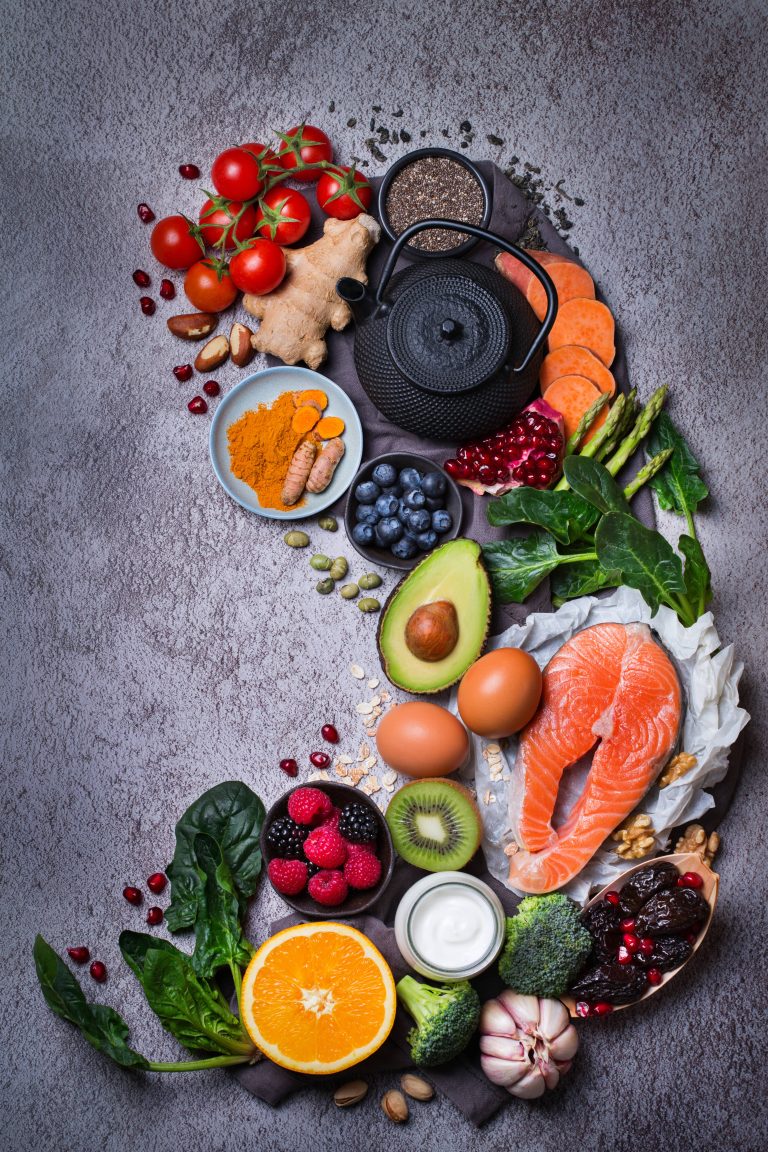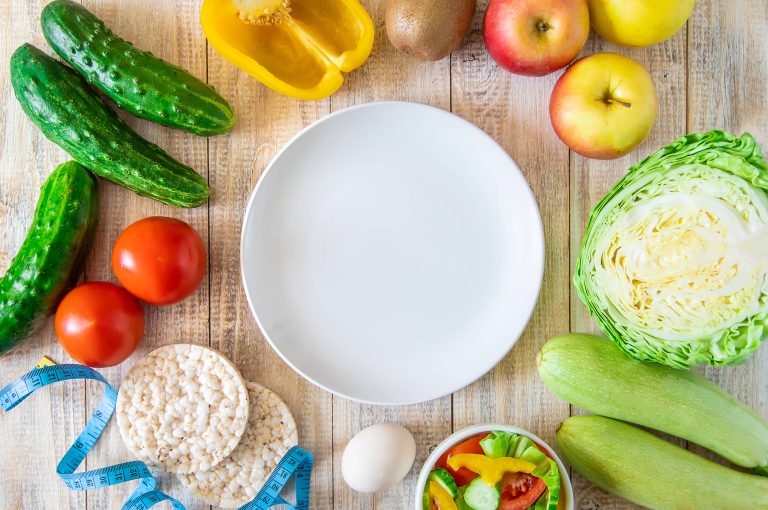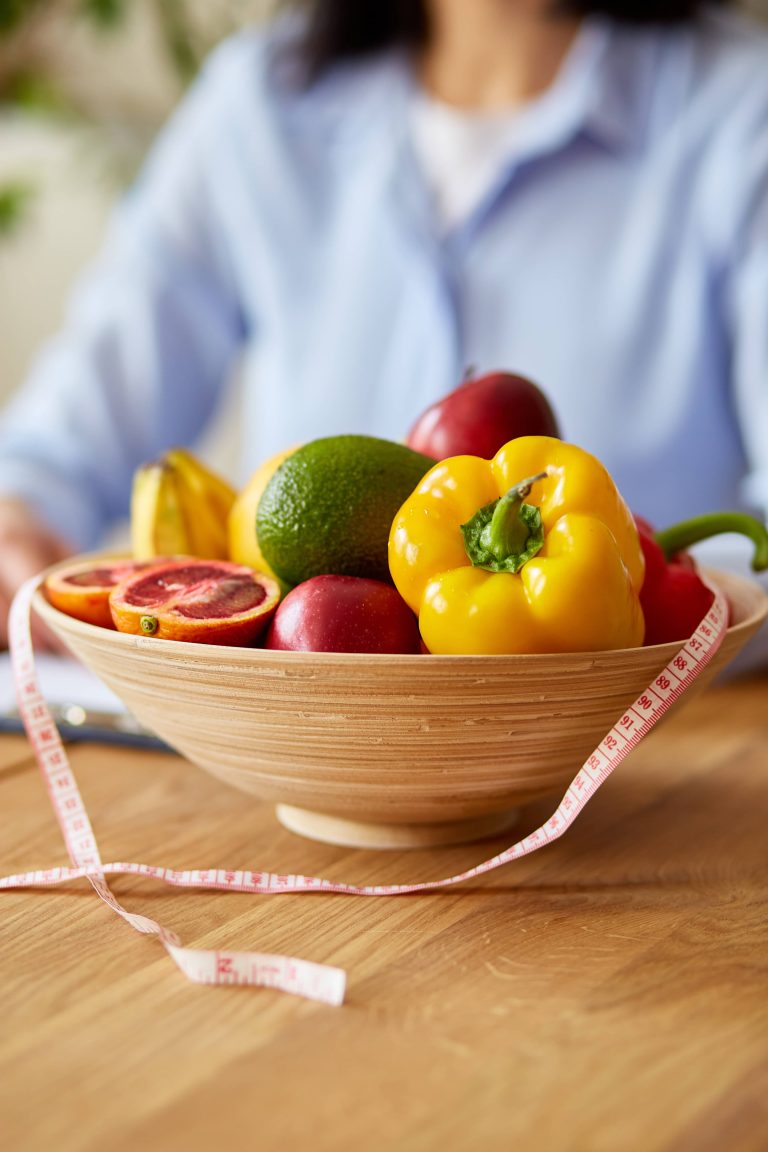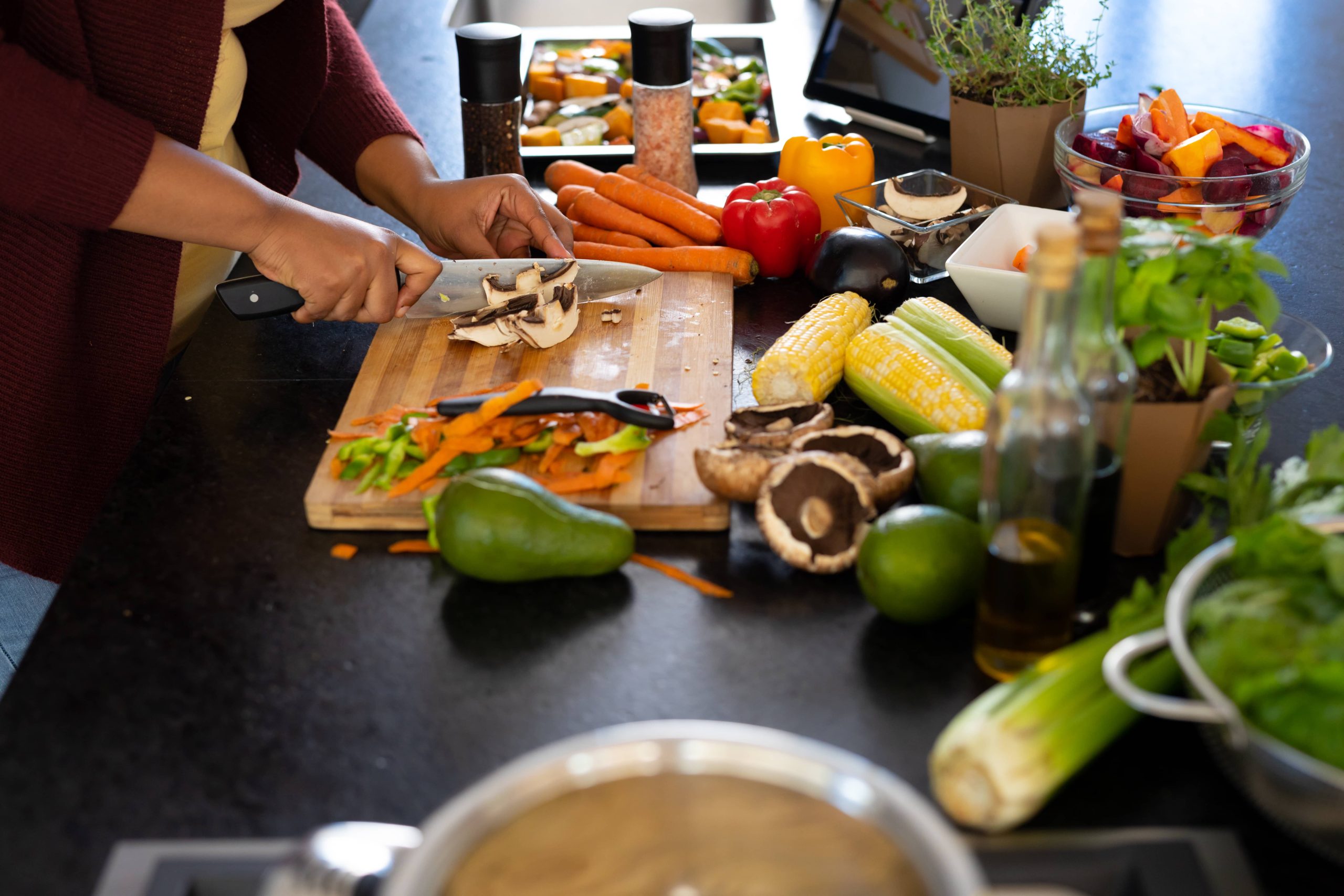
In recent years, there’s been a growing trend toward plant-based diets, as more people become aware of the health benefits, environmental impact, and ethical considerations associated with reducing meat consumption. If you’re interested in exploring the vibrant world of plant-based meals, I’m here to help you seamlessly incorporate them into your weekly routine.
Why Consider Plant-Based Meals?
Before diving into how to integrate plant-based meals into your life, let’s discuss the “why.” Plant-based eating focuses on consuming foods primarily derived from plants, including vegetables, fruits, nuts, seeds, oils, whole grains, legumes, and beans. Here are several benefits:
1. Health Benefits: Plant-based diets are generally rich in fiber, vitamins, and minerals, which are vital for maintaining good health. Studies suggest that such diets can reduce the risk of chronic diseases such as heart disease, diabetes, and certain cancers.
2. Environmental Impact: A plant-based diet leaves a smaller carbon footprint compared to meat-heavy diets. Reducing meat consumption can help decrease the demand for livestock farming, which is a significant contributor to deforestation and greenhouse gas emissions.
3. Animal Welfare: By choosing plant-based, you contribute to reducing the demand for industrial agriculture, which often involves inhumane treatment of animals.
4. Culinary Exploration: Plant-based cooking introduces you to a variety of cuisines and ingredients you may not typically use, broadening your culinary horizons.
Getting Started: Plant-Based Meal Tips
1. Start Small: Transitioning to a plant-based diet doesn’t mean you have to eliminate meat altogether. Start by incorporating a few plant-based meals into your weekly routine. It could be as simple as “Meatless Mondays” where you commit to cooking plant-based for one day a week.
2. Revamp Your Favorites: Take your favorite dishes and give them a plant-based twist. Love spaghetti Bolognese? Substitute the ground meat with lentils or mushrooms. Adore tacos? Try them with black beans or grilled vegetables instead of beef.
3. Stock Up on Staples: Keeping your kitchen stocked with plant-based essentials makes it easier to whip up a quick meal. Some basics to keep on hand include grains like quinoa and brown rice, legumes such as chickpeas and lentils, a variety of nuts and seeds, and an array of fresh and frozen vegetables.
4. Explore Plant-Based Proteins: Many worry about meeting protein needs in a plant-based diet. However, there are plenty of protein-packed options such as tofu, tempeh, edamame, and seitan. Legumes and lentils are also excellent sources.
5. Experiment with New Ingredients: Embrace unfamiliar ingredients like jackfruit, nutritional yeast, or aquafaba (the liquid from cooked chickpeas) to add variety and richness to meals. These can mimic the texture and taste of traditional animal products.
Meal Planning and Prep: Your Plant-Based Allies
1. Plan Ahead: Spend some time each week planning your meals. This helps ensure you have everything you need for a variety of plant-based meals. It also reduces food waste and saves money by minimizing impulse buys.
2. Batch Cooking: Cook large quantities of plant-based staples like brown rice, quinoa, beans, or roasted vegetables. You can mix and match these with different sauces and seasonings throughout the week for quick meals.
3. Use a Slow Cooker or Instant Pot: These kitchen gadgets are powerful allies in plant-based meal prep. You can prepare delicious curries, stews, and soups with minimal fuss, letting flavors blend beautifully over time.
4. Pre-Chop Vegetables: Save time during busy weekdays by pre-chopping or slicing vegetables after your grocery trip. Store them in airtight containers in your fridge, ready to grab when you’re cooking.
Transition Tips: Making it Last
1. Educate Yourself: Staying informed can keep you motivated. Read books, watch documentaries, or follow plant-based bloggers and chefs for inspiration and knowledge.
2. Find Community: Join online forums, local meetups, or social media groups centered around plant-based lifestyles. Sharing experiences and recipes with others can provide support and encouragement.
3. Be Patient and Flexible: Not every meal will be a hit, and that’s okay. Be open to trying new things and adjusting your palate. It’s a journey, not a sprint, and it’s important to find what works best for you.
4. Listen to Your Body: Every person is different. Pay attention to how your body responds to new foods and adjust your diet to fit your specific nutritional needs and energy levels.
Transitioning to a plant-based diet can be a fulfilling and enlightening experience. It not only opens up a world of culinary possibilities but also contributes to better health and a more sustainable environment. By gradually incorporating more plant-based meals into your weekly routine, you can make a positive impact on your health and the world around you. So, put on that apron, hit the farmer’s market, and embark on your delicious plant-based adventure!

